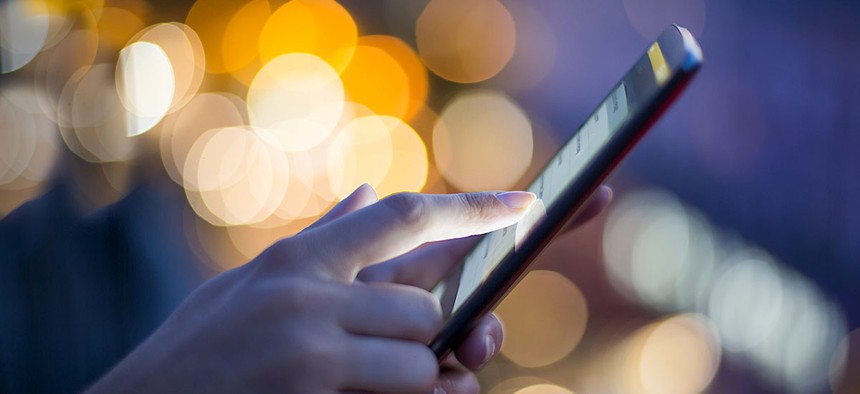Study Links Cellphone Use to Cancer -- But Don't Give Up Your Phone Just Yet

LDprod/Shutterstock.com
The World Health Organization currently classifies cellphones under the same category as coffee, fossil fuel fumes, and pickled vegetables.
In science news, there are facts and there is hype—too often, it’s difficult to tell one apart from the other. Such was the case with coverage of a new study that found a link between mobile phone radiation and cancer.
What did the researchers actually do?
The study involved leaving rats in specially designed chambers, where they were exposed to cellphone-type radiation. So far, only preliminary results have been published, involving 90 rats. (The results of the full study, which included some 2,500 rats and mice, are expected to be published in late 2017.)
Researchers exposed the rats to 10 minutes of radiation followed by 10 minutes of break for a total of 18 hours, resulting in 9 hours of radiation exposure per day. In these early results, only male rats showed slight increased rates of brain tumors and heart tumors. There were no additional cancer risk to female rats.
How important are the results?
It’s too soon to draw any definitive conclusions, for many reasons.
The preliminary study results only include a small number of rats. The levels of radiation they were exposed to greatly exceed humans’ average daily exposure. And lab results in rats or mice don’t often translate to humans.
Additionally, previous studies with better methodology—some involving human observations—have not found a link between mobile phone radiation and cancer, including one such study published earlier this month.
The World Health Organization classifies cellphones under category 2B (possibly causes cancer), the same category as coffee, fossil fuel fumes, and pickled vegetables. All that ambiguity means experts are thrilled the U.S. National Toxicology Program is investing money to find out whether the risk is real.
So… should I stop using my cellphone?
Mobile phone use has increased exponentially in the last 20 years, which means it’s important for governments to invest in researching the long-term health risks. But this particular study doesn’t change the status quo:
“Here we have a study that found fairly weak evidence of small effects of mobile phone radiation on tumors in rats, where it’s plausible that the effects are even smaller than what was found, and where it’s not yet clear how far any such results are applicable to humans,” says Kevin McConway, emeritus professor of applied statistics at the Open University. “I’m not going to stop using my mobile phone in the light of this.”
Until there's better evidence, neither am I.





